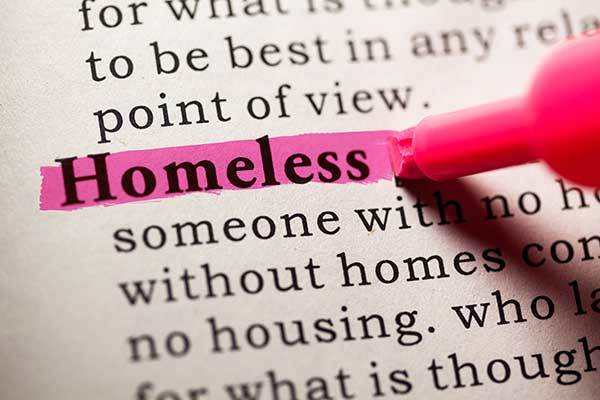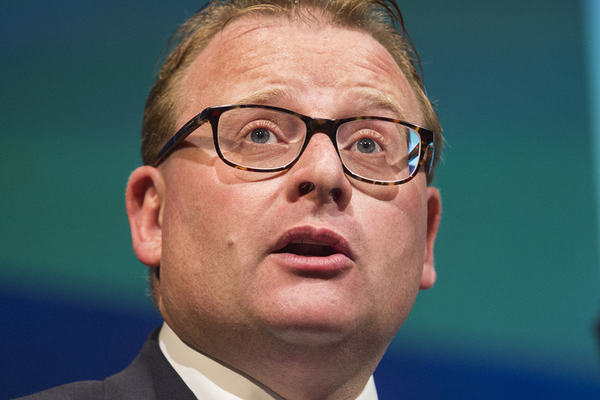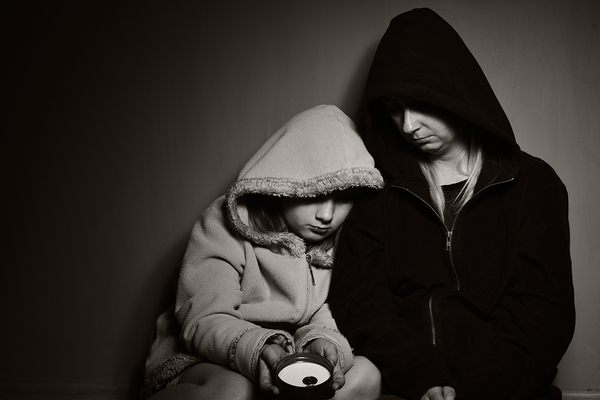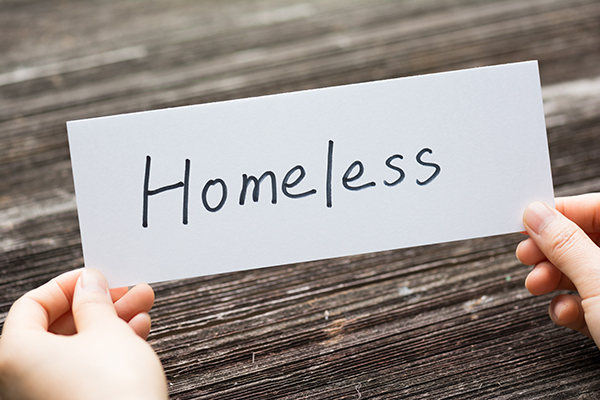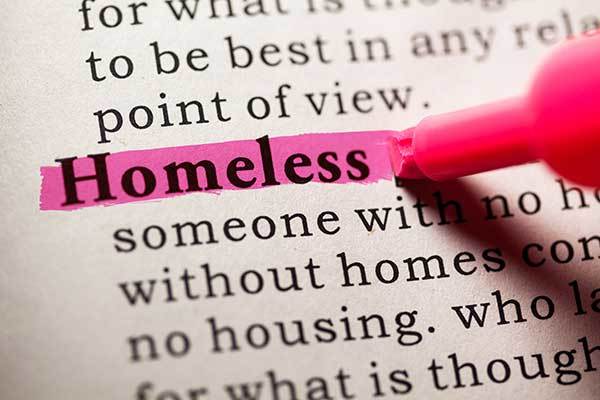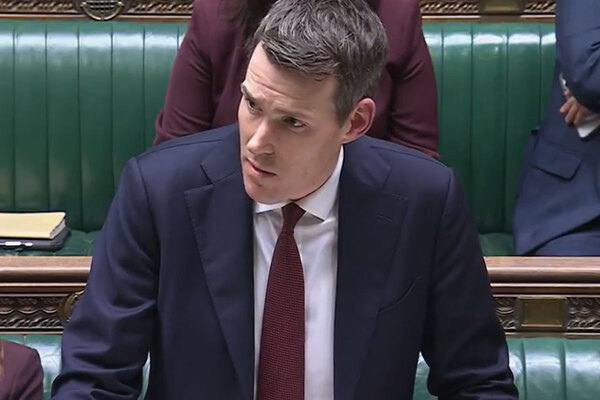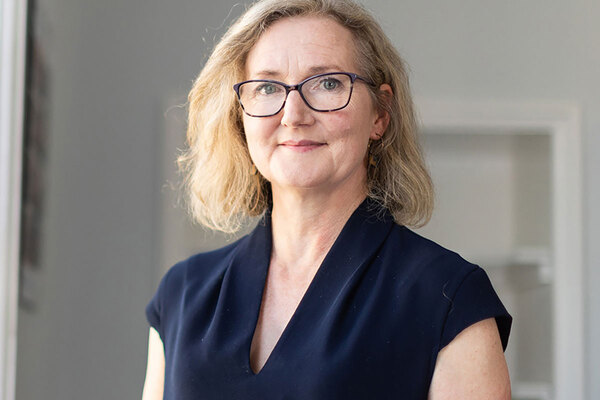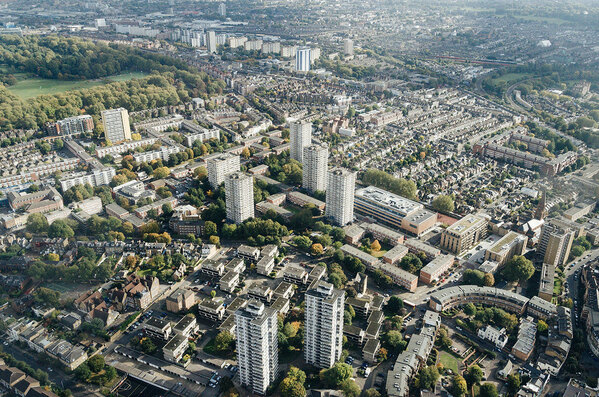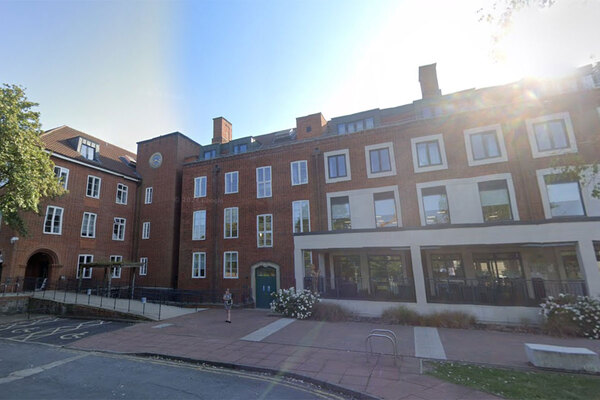You are viewing 1 of your 1 free articles
Lack of access to emergency housing exacerbating homelessness among young people
Lack of access to emergency housing is leaving more young people homeless, a report has found.
According to the report by the charity Homeless Link, difficulty accessing emergency accommodation and women-only accommodation contributed to homelessness among 16 to 24-year-olds.
The research, based on surveys with local authorities, youth homelessness services and interviews with young homeless people, found that 67% of respondents said women-only accommodation was hard to access, while 58% felt that emergency accommodation was challenging to secure.
While family breakdown remains the main cause of homelessness among 16 to 24-year-olds, changes to benefit payments and a lack of affordable housing were also “significant contributory factors”. Nine in 10 respondents cited benefit sanctions as having an effect on homelessness, while 80% said the capping of Local Housing Allowance contributed to the problem.
Rick Henderson, Homeless Link’s chief executive, said there is “clear evidence that systemic issues such as welfare reform and the housing crisis are worsening the situation”.
A government spokesperson said there are a range of measures designed to tackle the problem, including the Homelessness Reduction Act, new availability of housing benefit for 18 to 21-year-olds on Universal Credit and extra rent support for people moving from housing benefit to Universal Credit.
The spokesperson said: “The government is providing over £1.2bn up to 2020 to reduce all forms of homelessness and we are investing in a Fair Chance Programme to support 18 to 25-year-olds with specific needs to help them find suitable accommodation and support.”
At a glance: Homelessness Reduction Act 2017
The Homelessness Reduction Act 2017 came into force in England on 3 April 2018.
The key measures:
- An extension of the period ‘threatened with homelessness’ from 28 to 56 days – this means a person is treated as being threatened with homelessness if it is likely they will become homeless within 56 days
- A duty to prevent homelessness for all eligible applicants threatened with homelessness, regardless of priority need
- A duty to relieve homelessness for all eligible homeless applicants, regardless of priority need
- A duty to refer – public services will need to notify a local authority if they come into contact with someone they think may be homeless or at risk of becoming homeless
- A duty for councils to provide advisory services on homelessness, preventing homelessness and people’s rights free of charge
- A duty to access all applicants' cases and agree a personalised plan
